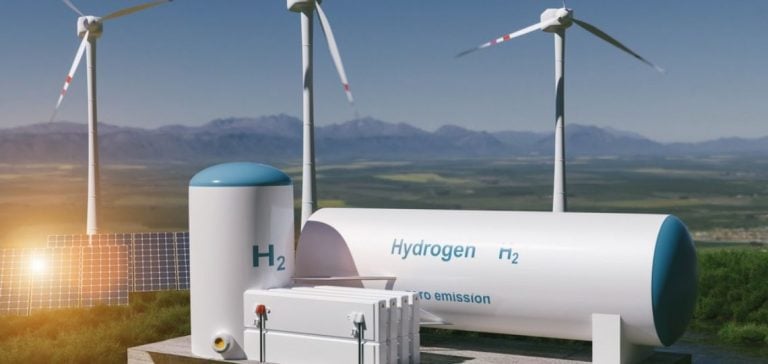Initial enthusiasm for hydrogen has lost momentum, forcing the industry to readjust its ambitions.
At the recent Gastech conference, several of the sector’s major players expressed concern about the feasibility of the targets set for 2030. The anticipation of rapid development of production and transport infrastructures is running up against regulatory and logistical obstacles, particularly in the United States. Short-term targets are clearly underestimated, especially when it comes to the commercialization of hydrogen.
According to Ana Quelhas, Hydrogen Director at EDP Renewables, putting in place the legislative and regulatory frameworks essential to support this market is taking much longer than expected.
In fact, the US industry seems to be on hold, waiting for more concrete measures to stimulate demand.
Standardization: a solution for controlling costs
One of the main problems identified was the lack of structure and rigorous planning for the first projects.
Many players have put forward optimistic investment and operating cost figures, without taking operational realities into account.
Vinay Khurana, Director of the Claremont Operating Center at Technip Energies, stresses the importance of conducting in-depth engineering studies to identify viable projects.
This process of clarifying real costs is a positive step towards market maturity.
Margaux Moore, Head of Energy Transition at Trafigura, expresses the frustration shared by many industry experts at the unrealistic expectations generated by the hype surrounding hydrogen.
She calls for these expectations to be readjusted to align projects with the technological and economic realities of the next few years.
Demand: the missing link for growth
Despite technological advances, hydrogen demand remains insufficient to justify massive investment in the short term.
Quelhas believes that heavy industries, such as refineries and fertilizer producers, currently represent the main outlets for clean hydrogen.
However, this demand remains fragmented, hampering the development of large-scale projects.
Projects must now adopt a decentralized approach, building on existing infrastructures to limit the need for complex logistics.
This model would avoid the need to build costly transport and distribution chains, which are still largely absent in many parts of the world.
Regulatory and economic obstacles
In the United States, the Inflation Reduction Act has created incentives to stimulate hydrogen supply, but few measures exist to encourage demand.
This situation limits the US market to a position of hydrogen exporter, whereas Europe seems to be moving ahead more quickly thanks to a clearer regulatory framework favorable to the development of domestic projects.
For Ahmed El Sherbiny, Vice President of Energy Transition Funds at Copenhagen Infrastructure Partners, the success of hydrogen projects depends on a strong development team and a complete understanding of the value chain, including energy sources and the necessary infrastructure.
He points out that blue ammonia projects in Louisiana have failed due to a lack of available carbon sequestration sites, illustrating the importance of integrated planning.
The challenge of project transparency and reproducibility
One of the key elements in promoting investment decisions in hydrogen projects is cost transparency and technology standardization.
Khurana stresses the need for more uniform projects to enable large-scale replication.
Moore shares this concern, warning that the multiplication of “one-off” projects risks hampering the sector’s growth.
Early projects should aim for “low-hanging fruit” – less ambitious but achievable initiatives, such as using cheap natural gas in the USA to produce hydrogen.
This strategy would demonstrate the economic viability of hydrogen before committing to more complex infrastructures.
A new phase of realism for the hydrogen industry
As the first hydrogen projects struggle to get off the ground, it’s becoming clear that the industry needs to refocus on realistic goals and a more methodical approach.
Standardizing technologies and clarifying costs are essential steps to unlock large-scale investment and enable hydrogen to play a central role in the energy transition.
However, without sustained demand and clear economic incentives, the industry risks stagnating despite its initial ambitions.






















